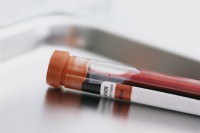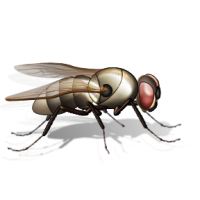
“The immune system is an evolutionary learning system. If you can engage it and get it to work successfully, it learns how to attack the cancer. And the wonderful thing is that it works,” immunologist Gordon Freeman of Boston’s Dana-Farber Cancer Institute recently told the Washington Post in an article about a new immunotherapy cancer treatment called immune checkpoint blockade. While still in the trial phase, the therapy shares distinct similarities to advanced targeted cancer therapies that are already being successfully used at Issels Integrative Oncology Centers in Mexico and California.
Freeman was attempting to explain why U.S. cancer researchers have started looking beyond the traditional cancer treatment trinity – surgery, chemotherapy and radiation — that has ruled Western medicine for decades. “Cancers are like the Road Runner cartoon character,” Freeman explained. “If you choose one target in the cancer, it will sidestep it eventually by mutating. Chemotherapy usually fails, eventually, because the tumor evolves a way to beat it.” Increasingly, U.S. cancer researchers are looking to the body’s own immune system for new and more effective cancer treatments and discovering a gold mine!
Individualized immunotherapy has been called “cancer’s kryptonite” and is now considered by many to be our best hope for beating cancer. By targeting not only cancer tumors, but also the microenvironments in which they develop, Issels integrated immunotherapy is redefining cancer treatment. By individualizing immunotherapy, Issels cancer specialists can fine tune treatment to maximize the patient’s immune system response. For many of our patients, our methods have resulted in a unique record of complete long-term remission of advanced and standard therapy-resistant cancers. The limited outcomes offered by surgery, chemotherapy and radiation are no longer a cancer patient’s only treatment options. Immunotherapy offers new hope. Visit our website to find out more.





